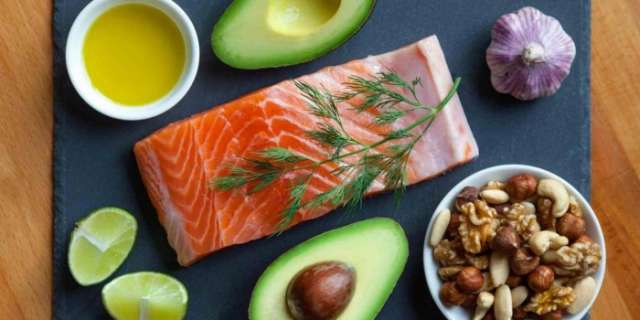Four different genetic lines of mice were studied on each of the diet treatments; these were matched “as closely as possible” to existing diets from around the world.
This included matching common ingredients and the balance of fibre, fat and protein.
It also tried to include key “active ingredients” of some regional diets, which are often touted as superfoods and marketed for their health benefits.
The study included a “Japanese diet”, which was rice starch-heavy and included soy oil and a green tea extract; a “Ketogenic diet” high in fat and protein, as eaten by the Maasai people in Kenya; and a “Mediterranean diet”, with lots of olive oil and a red wine extract, with supposed antioxidant benefits.
These were compared to a control diet of balanced store-bought food, and an “American diet”, which was high in fat and refined carbohydrates.
Each diet group received the same calories at each meal, but over the six months the different genetic groups showed varying effects on the same diets.
The study’s lead author, William Barrington, of Texas A&M College of Medicine and College of Veterinary Medicine & Biomedical Sciences, said that most of the animal subjects performed well on the perceived healthy diets.
But overall, the paper said: “While each strain had a diet or diets that improved health relative to the American diet, no single diet improved health across all genetic backgrounds.”
On the Japanese diet, one of the four genetic types showed signs of liver damage.
Mr Barrington said: “The fourth strain [of mouse], which performed just fine on all of the other diets, did terrible on this diet, with increased fat in the liver and markings of liver damage.”
The high-fat Maasai diet had different negative effects on two of the mouse groups.
“One became very obese, with fatty livers and high cholesterol,” according to Mr Barrington, while another group became lethargic, with a higher level of bodily fat despite remaining lean.
Animals in the American-style diet group, predictably, increased fat levels in all genetic strains, but in some this led to severe obesity and signs of “metabolic syndrome” where blood pressure, sugar, cholesterol, others just had fattier livers.
The paper said: “We showed that the American diet caused negative health effects across strains relative to the control diet. However, as in humans, severity of the effects varied across genetic backgrounds.”
Mr Barrington said: “The goal going into this study was to find the optimal diet, but really what we’re finding is that it depends very much on the genetics of the individual and there isn’t one diet that is best for everyone.”
He theorised that the variations may be dependent on what our early ancestors cultivated and ate and in future this could lead to a genetic test which could recommend a better diet plan.
More about: #diet
















































